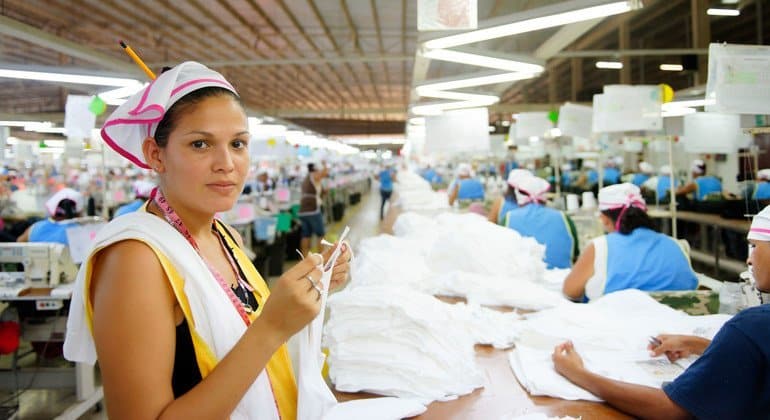A recent report from the International Labor Organization (ILO) has revealed the concerning labor situation of youth in Latin America and the Caribbean. Titled “Youth in Transition: Challenges and Opportunities in the Labor Market of Latin America and the Caribbean,” the study highlights that youth unemployment rates are three times higher than those of adults, a phenomenon that highlights the difficulties they face in entering the labor market. Additionally, it is estimated that 60% of young employees work in informal conditions, limiting their access to quality jobs and fundamental labor rights.
Ana Virginia Moreira Gomes, regional director of the ILO, points out that inequality in access to youth employment directly impacts the region’s socioeconomic development. Although advances have been made in educational levels and an increase in the number of young people combining studies with work, inequalities remain evident, with women being the most affected. The report indicates that five out of seven young people who are neither studying nor working are women, whose unpaid domestic and care work restricts their job opportunities.
Additionally, the report reveals a growing gap between the skills acquired in classrooms and the demands of the labor market. Many young people face difficulties in finding jobs that align with their academic training, exacerbated by the expansion of work on digital platforms. Although this working model offers flexibility, it also entails precarious conditions and lack of social security.
Discontent with social security and pension systems has increased among young people, who are seeking alternative savings options. Furthermore, low union participation reflects a lack of knowledge about rights and representation options, perpetuating their vulnerability in the market.
The report also warns of the future impact of population aging on the labor market. This demographic change could alter the dynamics of care and the distribution of time between women and men in the coming decades. To address these challenges, the ILO insists on the need for social dialogue that promotes inclusive employment policies and facilitates the transition of young people to decent jobs.
The ILO proposes concrete measures such as strengthening vocational training systems, creating quality jobs, and expanding social protection, as well as promoting care systems that allow young women to access the labor market. In conclusion, the report emphasizes the urgent need to develop programs that link education to the labor market, ensuring that the skills developed are relevant and useful, thus harnessing the transformative potential of youth in the region.
Source: MiMub in Spanish











